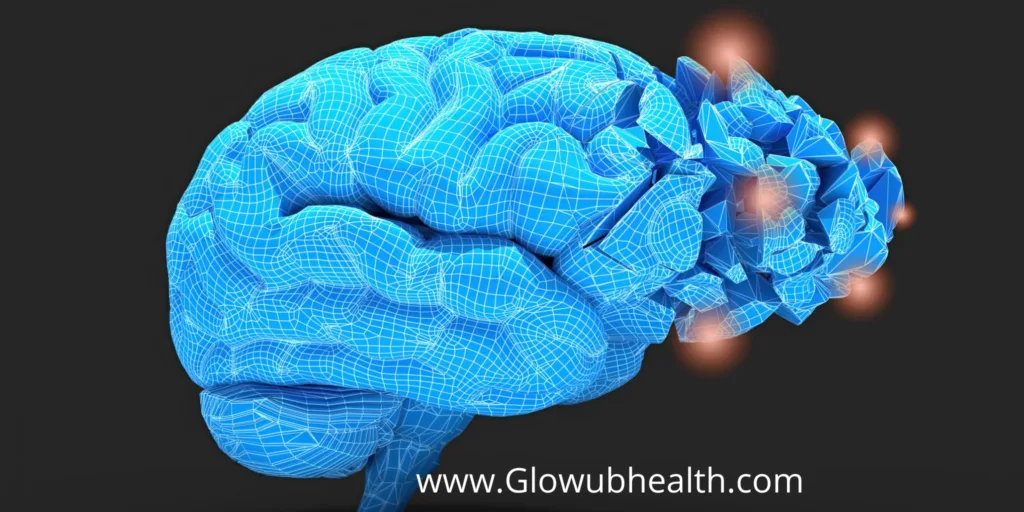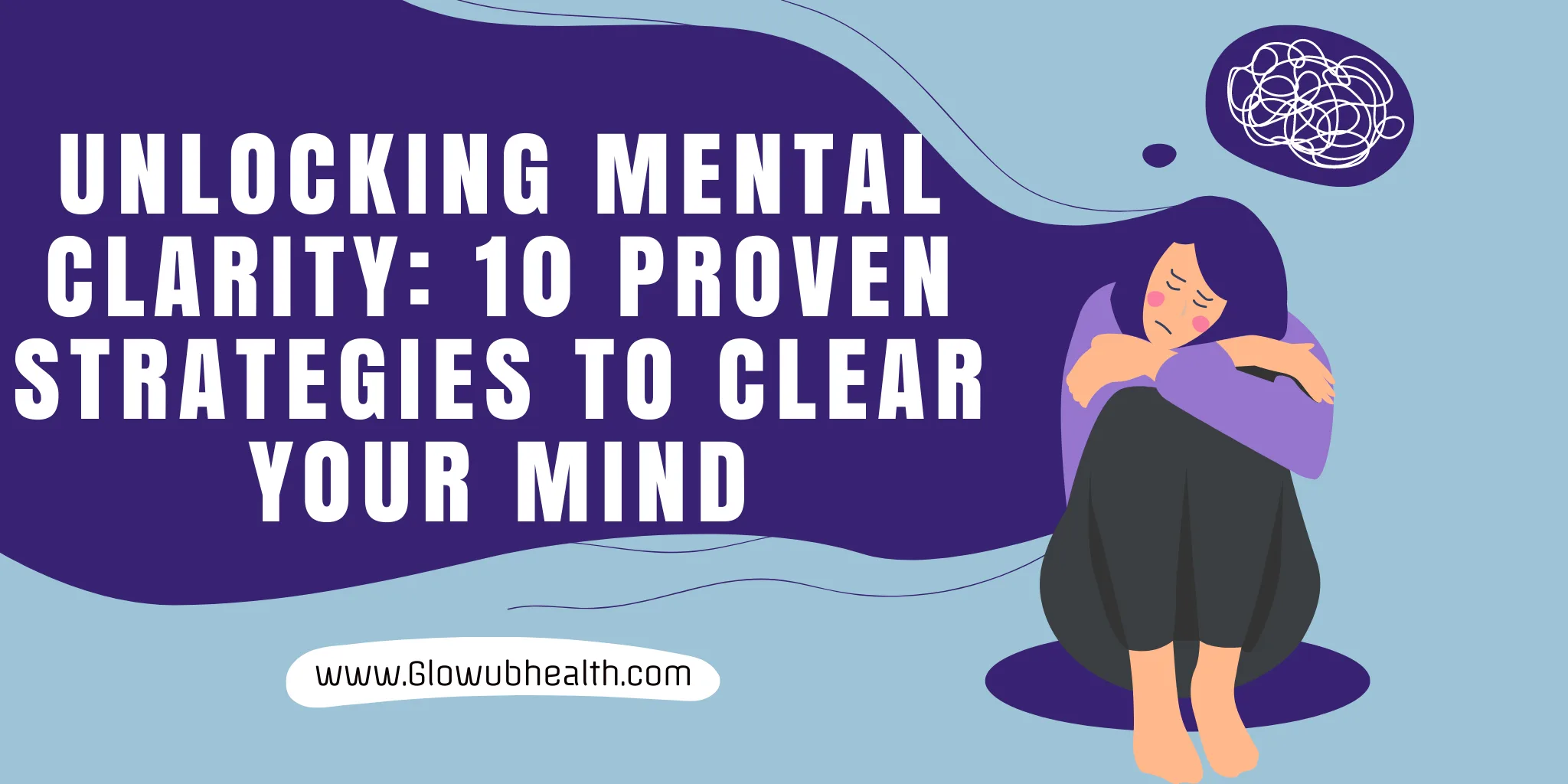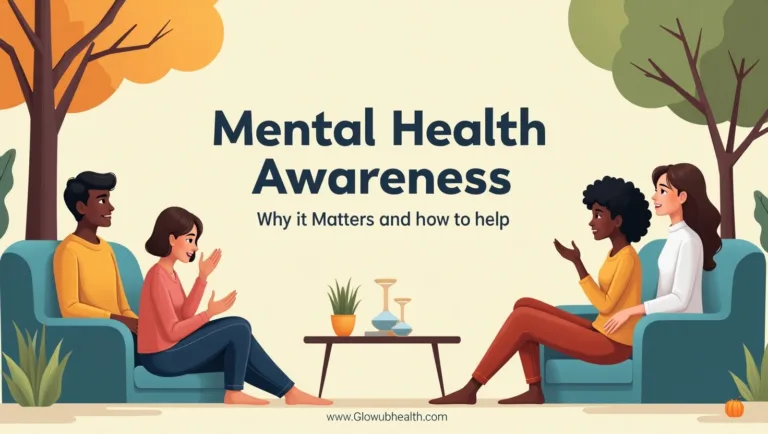Unlocking Mental Clarity : 10 Proven Strategies to Clear Your Mind
Mental clarity is essential for navigating life’s challenges with confidence and precision. When your mind feels clouded, productivity declines, creativity stalls, and decision-making becomes difficult. Achieving mental clarity involves nurturing mental focus, enhancing brain clarity, and adopting lifestyle habits that sharpen cognitive abilities.
This guide offers 10 proven strategies to improve mental clarity, complete with actionable steps, research, and personal insights to inspire lasting change.
This article is for informational purposes only and does not replace professional medical or psychological advice. If you are experiencing mental health issues, please consult a licensed healthcare professional.

1) Prioritize Quality Sleep for Optimal Brain Function

Sleep is the brain’s reset button. During deep sleep stages, the brain consolidates memories, clears toxins, and repairs cells, all of which contribute to enhanced mental clarity and cognitive performance. Sleep deprivation, even for a single night, can impair focus, memory, and decision-making.
Read More: Why Do We Sleep? Unraveling the Science Behind a Good Night’s Rest
Actionable Tips:
- Maintain a consistent schedule: Going to bed and waking up at the same time regulates your circadian rhythm.
- Create a bedtime ritual: Engage in calming activities like reading, stretching, or meditation.
- Limit caffeine intake: Avoid caffeine after 2 PM to prevent disruptions in sleep.
- Invest in quality bedding: A comfortable mattress and pillows can improve sleep quality.
Research Insight: A study published in the journal Sleep found that participants who slept 7-8 hours performed better on cognitive tests than those with less sleep.
2) Practice Mindfulness and Meditation Daily

Mindfulness practices train your brain to focus on the present moment, reducing stress and mental clutter. Meditation, in particular, has been shown to physically change the brain, enhancing areas associated with attention and clarity.
Steps to Implement:
- Start small: Begin with 5-10 minutes of meditation daily and gradually increase.
- Use guided resources: Apps like Calm, Insight Timer, or Headspace can help beginners.
- Incorporate mindfulness in daily tasks: Practice mindful eating or mindful walking by focusing on sensations and surroundings.
Personal Experience: After adopting a 15-minute meditation practice each morning, I noticed a significant improvement in my ability to focus and remain calm under pressure, particularly during high-stakes meetings.
Science-Backed Benefits:
A study in JAMA Internal Medicine found that mindfulness meditation significantly reduced symptoms of anxiety and improved attention span in participants.
3) Declutter Your Physical and Digital Spaces
Your environment directly impacts your mental state. A cluttered workspace can lead to cognitive overload, making it harder to concentrate and think clearly. By simplifying and organizing your surroundings, you create mental space for clearer thinking.
Practical Steps:
- Physical decluttering: Start with your desk. Remove unnecessary items and organize essentials.
- Digital detox: Clean up your digital devices by organizing files, deleting old emails, and reducing app clutter.
- Adopt minimalism: Keep only what serves a purpose or brings joy, inspired by the KonMari method.
Mini Case Study: An experiment at Princeton University found that participants working in organized spaces were significantly more productive and less distracted compared to those in cluttered environments.
4) Incorporate Regular Exercise for Cognitive Boosts
Exercise isn’t just beneficial for physical health—it’s a powerful tool for enhancing mental focus and clarity. Physical activity increases blood flow to the brain, delivering oxygen and nutrients essential for optimal function.
Read More: How to Start a Workout Routine : 10 Proven Ways to Build Consistency
Types of Exercise to Try:
- Aerobic activities: Running, swimming, or cycling are great for cardiovascular health and cognitive enhancement.
- Strength training: Lifting weights improves not just physical strength but also boosts mood and focus.
- Mind-body practices: Yoga and Pilates combine physical movement with mindfulness, promoting both relaxation and clarity.
Scientific Insight: A study in Frontiers in Psychology showed that participants who engaged in regular aerobic exercise experienced improvements in memory, attention, and executive function.
5) Fuel Your Brain with Nutrient-Rich Foods
What you eat directly impacts how well your brain functions. Certain foods enhance brain clarity by providing essential nutrients that support cognitive function, while others can hinder focus and contribute to mental fog.
Read More: Balanced Nutrition: The Complete Guide to a Healthier Lifestyle
Brain-Boosting Foods:
- Fatty fish: Salmon, mackerel, and sardines are rich in omega-3 fatty acids, which support brain health.
- Leafy greens: Spinach, kale, and broccoli contain antioxidants and vitamins linked to cognitive longevity.
- Nuts and seeds: Walnuts, almonds, and chia seeds provide healthy fats and minerals.
- Berries: Blueberries, in particular, are known for their antioxidant properties and brain-protective effects.
Foods to Avoid:
- Sugary snacks: They cause energy spikes followed by crashes, impairing focus.
- Processed foods: Often devoid of nutrients, these can negatively impact brain function.
Pro Tip: Stay hydrated! Even mild dehydration can impair mental clarity and concentration. Aim for 8-10 glasses of water daily.
6) Break Tasks into Manageable Chunks to Avoid Overwhelm
When faced with a long to-do list or complex project, it’s easy to feel overwhelmed. Breaking tasks into smaller, actionable steps can reduce anxiety and enhance clarity.
Productivity Techniques:
- The Pomodoro Technique: Work in 25-minute focused intervals followed by short breaks.
- Prioritization: Use the Eisenhower Matrix to categorize tasks by urgency and importance.
- Time-blocking: Schedule specific blocks of time for focused work on each task.
Personal Story: I used the time-blocking method during a demanding project, allocating focused work hours for each section. The result? Improved efficiency and clearer thinking throughout.
7) Limit Digital Distractions to Maintain Focus

In today’s digital world, constant notifications and screen time can scatter attention and impair mental clarity. A deliberate effort to reduce distractions can dramatically improve focus.
Tips for Reducing Digital Overload:
- Schedule social media use: Allocate specific times for checking social media instead of frequent, impulsive visits.
- Set screen-free zones: Designate areas in your home where phones and devices are not allowed.
- Turn off notifications: Disable non-essential alerts on your phone and computer.
8) Engage in Creative Activities for Cognitive Stimulation
Creative hobbies like painting, writing, or playing an instrument engage the brain in novel ways, enhancing both focus and clarity.
Creative Ideas to Explore:
- Music: Learning an instrument or listening to complex compositions can stimulate brain function.
- Journaling: Keep a daily journal to organize thoughts and reflect on experiences.
- Art projects: Painting, drawing, or crafting can be therapeutic and mentally invigorating.
9) Cultivate Gratitude to Shift Mindset
Gratitude shifts your mental state from lack to abundance, fostering positive thinking and reducing mental clutter.
Gratitude Practices:
- Reflect on challenges: Consider how obstacles have led to growth and learning.
- Daily gratitude lists: Write down three things you’re grateful for each morning or evening.
- Express appreciation: Verbally or through notes, express gratitude to others.
10) Seek Professional Support When Needed
If persistent brain fog or mental fatigue doesn’t improve with lifestyle changes, it may be time to consult a professional. Therapists, coaches, and nutritionists can offer targeted strategies to restore clarity.
Conclusion
Mental clarity isn’t something you achieve once and forget about—it’s a habit, a way of living. By weaving these strategies into your everyday routine, you create space for sharper focus, better decision-making, and a deeper sense of peace. Start small, stay consistent, and you’ll be amazed at how much clearer and lighter your mind can feel. Your path to clarity starts with just one intentional step—take it today.
FAQ
1. What is mental clarity, and why is it important?
Mental clarity refers to a state of mind where thoughts are organized, focus is sharp, and decision-making is clear. It’s essential for productivity, problem-solving, and emotional well-being. A clear mind helps reduce stress, boosts creativity, and improves overall cognitive performance.
2. What are the common causes of mental fog or lack of clarity?
Mental fog can be caused by:
–Poor sleep
-Chronic stress
-Nutritional deficiencies
-Dehydration
-Excessive screen time
-Hormonal imbalances
-Sedentary lifestyle
Addressing these factors often helps restore clarity.
3. How can I improve mental clarity naturally?
Natural ways to enhance mental clarity include:
-Getting 7-8 hours of quality sleep
-Eating brain-boosting foods like fatty fish and leafy greens
-Practicing mindfulness or meditation
-Staying hydrated
-Engaging in regular physical exercise
4. Are there specific foods that boost mental clarity?
Yes! Foods that enhance brain clarity include:
-(Fatty fish (salmon, mackerel) for omega-3 fatty acids
-Berries for antioxidants
-Nuts and seeds for healthy fats
-Leafy greens for vitamins and minerals
–Whole grains for sustained energy
5. How does stress affect mental clarity?
Chronic stress floods the body with cortisol, a hormone that, in excess, can impair memory, concentration, and focus. Managing stress through mindfulness, relaxation techniques, and exercise can significantly improve mental focus and clarity.
6. Can supplements help with mental clarity?
Certain supplements may enhance mental clarity, including:
–Omega-3 fatty acids
-Vitamin D
-B vitamins
-Ginkgo biloba
-Rhodiola rosea
7. Is mental clarity the same as mental focus?
While related, mental clarity refers to an overall sense of clear, organized thinking, while mental focus specifically involves concentrating on a task without distraction. Both are crucial for productivity and cognitive function.
8. How long does it take to see improvements in mental clarity?
This depends on the strategies used and individual factors like lifestyle and health. Some changes, like improved hydration or mindfulness practice, may yield immediate benefits. Others, such as dietary changes and sleep improvements, might take a few weeks to show results.
9. Can mental clarity decline with age?
Yes, brain clarity can decline with age due to natural changes in brain structure and function. However, staying physically active, mentally engaged, and maintaining a healthy diet can slow cognitive decline and preserve clarity.
10. What role does hydration play in mental clarity?
Even mild dehydration can impair cognitive function, causing difficulties in focus, memory, and decision-making. Drinking enough water—about 8-10 glasses per day—is vital for maintaining mental clarity.



